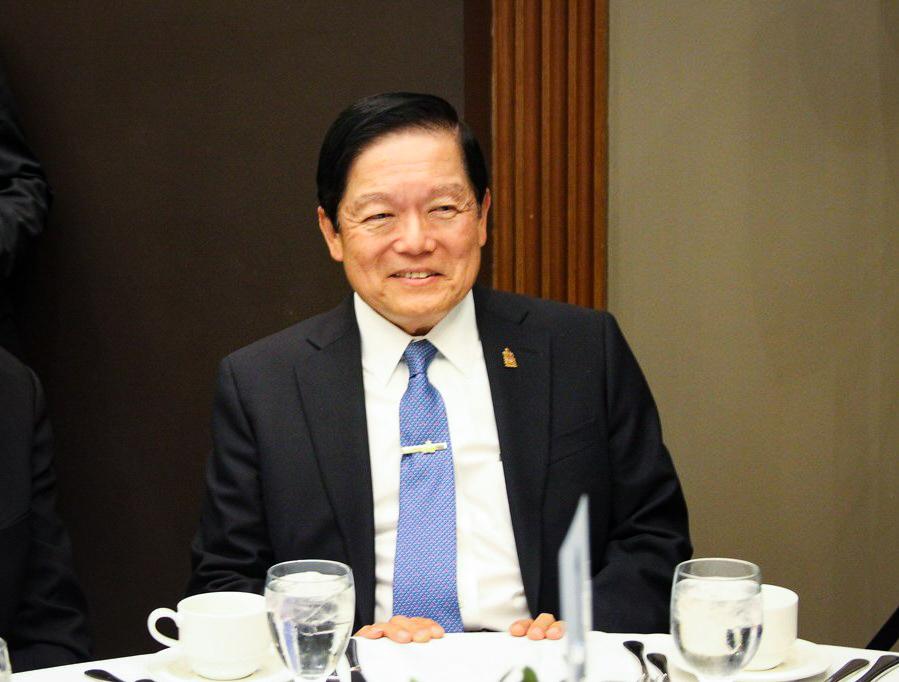A Conservative Senator’s intent to raise funds to take legal action against journalists and politicians addressing interference by the Chinese regime is not supported by Conservative Party leader Pierre Poilievre, according to a media report.
Conservative Senator Victor Oh has been actively organizing against the implementation of a foreign influence registry, which he says is a kind of “disguised Chinese Exclusion Act.”





